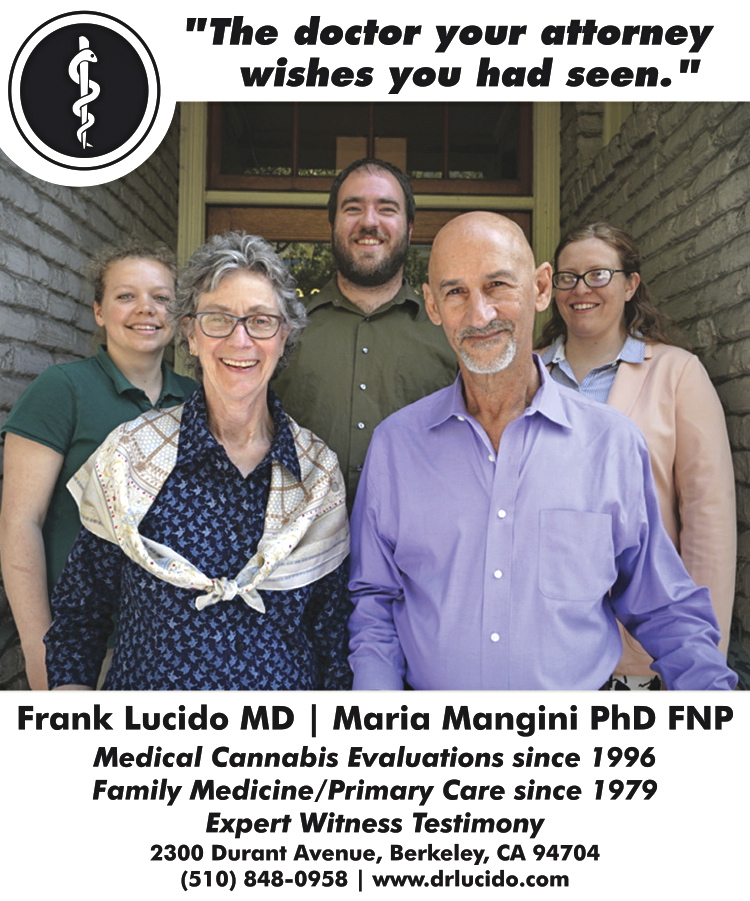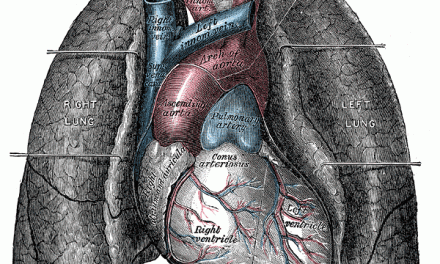From Allan Frankel, MD, October 1 2015
SEIZURE DISORDERS AND THC-ACID
I must admit I am surprised by how effective THC-A can be in seizure disorders and Dystonia or Torticollis (severe neck spasms). So, it appears it has effects in both the central and peripheral nervous system.
As I have discussed many times over the years, THC is in it’s “acid” form until heated by smoking, vaping or cooking. This acid form is appropriately called THC-Acid or THC-A. THC in this acid form, similar to the juicing movement led by Dr. Courtney in northern California, is not psychoactive at all.
With my early experience with THC-A in the whole plant form, is actually less psychoactive than whole plant CBD.
TORTICOLLIS AND THC-A
Torticollis or Cervical Dystonia —”wry neck” in the vernacular— is a pretty common disorder. There are a number of variants and some very minor cases can present as cervical muscle pain and spasm.
I am very excited by our first two patients with Cervical Dystonia and their amazing responses to THC-A. It seems that THC-A works whenever there is an excessive firing of cholinergic neuro-receptors. I have seen one good response with a Parkinson’s patient and wonder if there will be positive responses with other neuro-muscular disorders.
The benefit took a few days in one patient and was nearly immediate with another. So, if you are going to try it, give it a few days.
Some of these disorders might do very well with simple juicing of raw THC cannabis. No psychoactivity.
PARKINSON’S DISEASE, DYSTONIA, ANTICHOLINESTERASE DEFICIENCY AND THC-A
As we have had more experience with THC-A extracts, we are finding more quite positive results. We have now had experience with seizure patients, cervical and other dystonic diseases and parkinson’s disease.
THC-A is not psychoactive and is available pretty much anywhere there is old fashioned “weed”. There have been doubts upon the central nervous system by THC-A, but it seems quite clear that it does cross the blood brain barrier and is helpful with a number of central nervous system diseases.
An enzyme that breaks down Acetylcholinesterase (an enzyme that metabolized Acetylcholine, a transmitter that helps with neuromuscular disorders, is involved with both PD and Dystonia. In fact, the national Dystonia Association just joined the Michael J Fox Parkinson’s Foundation. I presume, not at accident at all. These patients have similar, in some respects, diseases. Both diseases are involved with the metabolism of acetylcholine, both are issues in the part of the brain called the “Substantia Nigra”, both are muscle movement disorders and at least with some early patients, both seem to respond well to THC-A. In fact, their response is much better than that of CBD.
Any thoughts??
allan@greenbridgemed.com





